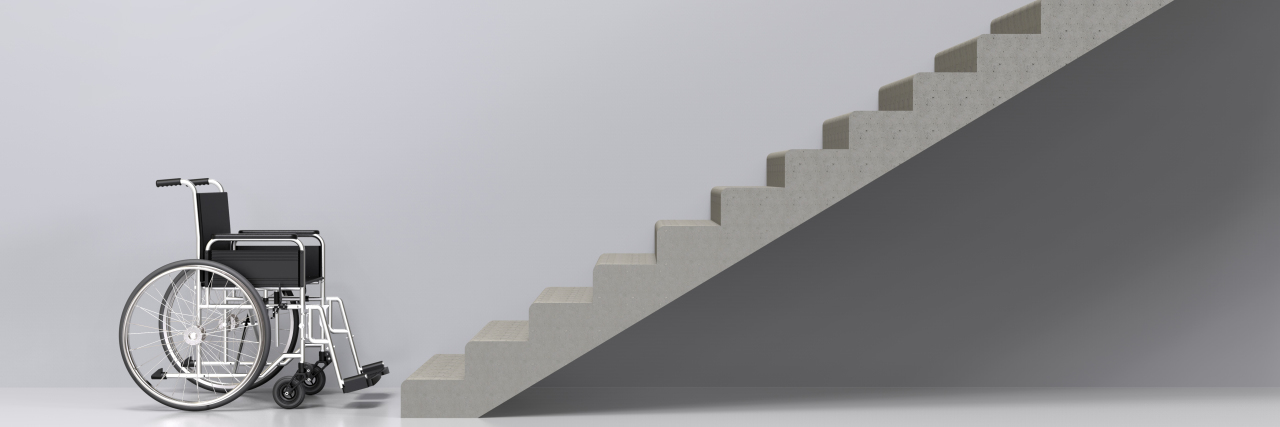According to the U.S. Census Bureau, nearly 1 in 5 people have a disability in the United States. That is approximately 56.7 million people, about 19 percent of the population. With so many disabled Americans, why are there still so many social and attitudinal barriers? Additionally, there are environmental and institutional issues and barriers, but I am focusing on attitudinal barriers here, such as when one looks at a disabled person and only sees the disability.
There is so much more to the disabled community than just the physical aspect. Countless individuals with disabilities do not look like they are disabled, but have an invisible illness or disability. Therefore, the theme here should be to not judge a book by its cover. Even though most people learn this as a child, disabled people are discriminated against and misunderstood on a regular basis.
As opposed to other minority groups, anyone can become disabled at any time. That’s what happened to me! I found out I had a brain tumor in 2012, had two brain surgeries a week later which led to my brain swelling and obstructive hydrocephalus (too much fluid on the brain) for several weeks. This increased pressure and trauma to my brain caused irreversible damage, so I have deficits such as chronic pain, profound fatigue and mobility issues. I use a cane, struggle with dizziness and more.
When I am feeling pretty good, you would have no idea when talking with me how my body continues to suffer. When I don’t feel well, I stay home. My disability led to me no longer being able to work. I tried very hard to continue to work after brain surgery recovery. But the deficits, pain and suffering caused me to have to stop working. I am now on Social Security Disability Insurance (SSDI) through the government.
People who are misinformed, uneducated or simply ill-advised say some downright disrespectful and/or ignorant things towards me and other disabled people and act with poor judgment (the attitudinal barrier). Here are some examples:
1) I have read about and seen people who believe many of us shouldn’t be entitled to this “free stuff” — as in disability benefits from the government. No one chooses to be disabled. I have done the absolute best I could to remain employed until my body couldn’t do it anymore. I am a single mother, so in no way did I ever want to get help from the government. I need to feed my children and keep a roof over our heads.
2) Society often becomes less human when dealing with a person with disabilities. Here are some examples: This happened to me. “Do you need a Braille menu?” — at a restaurant after I walked in with my cane, and I am not blind!
Even some medical professionals have assumed I cannot answer for myself and have asked questions about me to the person I am with. I am right here — look at and talk to me!
I heard about a deaf man being at the airport and being asked if he needed a wheelchair. He could walk just fine!
I have been told I am so lucky I get to park close to businesses because I have a disability placard. Seriously, I would prefer to walk farther and not have a brain tumor!
Another one we hear a lot is unsolicited advice, such as “I bet if you found ways to exercise more, you’d feel better” or “Getting out of the house more often would be beneficial to your health.” These seem to be simple and harmless suggestions, but more than likely the disabled person hearing them has tried everything to make his or her life better. I know that when I don’t feel well or I am in pain, I want to be in the comfort of my own home because that is where all of my tools and resources are to feel better.
In conclusion, our society has a real status problem with disabled people that manifests in attitudes towards us. Disabled people do have a place in society and should be treated like everyone else. We don’t want pity or unsolicited advice — we want to be treated fairly. Author Yvonne Pierre said it best: “When you focus on someone’s disability you’ll overlook their abilities, beauty and uniqueness. Once you learn to accept and love them for who they are, you subconsciously learn to love yourself unconditionally.”
Getty image by Thomas Soellner.

